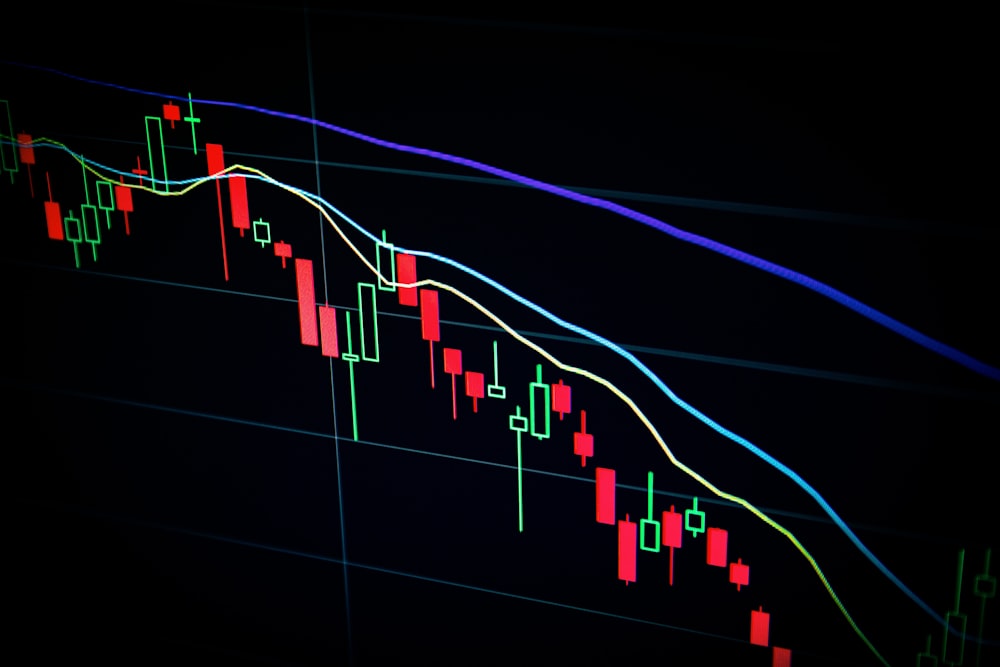📚 Table of Contents
- ✅ Understanding Index Funds and ETFs
- ✅ Key Differences Between Index Funds and ETFs
- ✅ Cost Comparison: Which Is More Affordable?
- ✅ Liquidity and Flexibility: Which One Wins?
- ✅ Tax Efficiency: Which Performs Better?
- ✅ Aligning With Your Investment Goals
- ✅ Practical Examples: When to Choose Each
- ✅ Conclusion
Understanding Index Funds and ETFs
When it comes to passive investing, two popular options dominate the conversation: index funds and exchange-traded funds (ETFs). Both are designed to track market indices like the S&P 500, but they operate differently. Index funds are mutual funds that aim to replicate the performance of a specific benchmark, while ETFs trade like stocks on exchanges throughout the day. Understanding the nuances between these two can help you decide which aligns better with your financial strategy.
Key Differences Between Index Funds and ETFs
While index funds and ETFs share similarities, their structural differences can impact your investment experience. Index funds are priced once at the end of the trading day, meaning all buy and sell orders are executed at the same net asset value (NAV). ETFs, on the other hand, fluctuate in price throughout the day, allowing for intraday trading. Additionally, ETFs often have lower expense ratios due to their passive management style, but index funds may offer automatic reinvestment of dividends, which can simplify long-term growth.
Cost Comparison: Which Is More Affordable?
Cost is a critical factor when choosing between index funds and ETFs. ETFs typically have lower expense ratios because they don’t require active management and often avoid the higher operational costs associated with mutual funds. However, some index funds, especially those offered by large providers like Vanguard, have competitive fees. Brokerage commissions can also play a role—while many platforms now offer commission-free ETF trading, some index funds may charge load fees or require minimum investments.
Liquidity and Flexibility: Which One Wins?
ETFs excel in liquidity since they can be bought and sold like stocks at any point during market hours. This makes them ideal for traders who want to capitalize on short-term market movements. Index funds, however, only transact once per day, which may limit flexibility but can discourage impulsive trading—a benefit for long-term investors. Additionally, ETFs allow for advanced strategies like short selling and options trading, which aren’t available with traditional index funds.
Tax Efficiency: Which Performs Better?
ETFs are generally more tax-efficient than index funds due to their unique creation and redemption process, which minimizes capital gains distributions. Index funds, especially those held in taxable accounts, may distribute capital gains to shareholders, leading to potential tax liabilities. However, in tax-advantaged accounts like IRAs or 401(k)s, this difference becomes less significant since taxes are deferred until withdrawal.
Aligning With Your Investment Goals
Your choice between index funds and ETFs should align with your investment objectives. If you’re a hands-off investor looking for simplicity and automatic reinvestment, index funds may be the better fit. Conversely, if you prefer flexibility, lower costs, and tax efficiency, ETFs could be the way to go. Consider factors like your time horizon, risk tolerance, and whether you plan to actively trade or hold investments long-term.
Practical Examples: When to Choose Each
For example, a retiree seeking steady income might prefer an index fund that automatically reinvests dividends, while a young investor building a diversified portfolio might opt for low-cost ETFs to minimize fees. Similarly, a day trader would benefit from ETFs’ intraday liquidity, whereas a buy-and-hold investor might prioritize the simplicity of index funds. Real-world scenarios highlight how each vehicle serves different needs.
Conclusion
Deciding between index funds and ETFs depends on your financial goals, trading preferences, and tax situation. Both offer distinct advantages, and in many cases, a combination of the two may be the optimal strategy. By understanding their differences, you can make an informed choice that supports your long-term wealth-building journey.


Leave a Reply